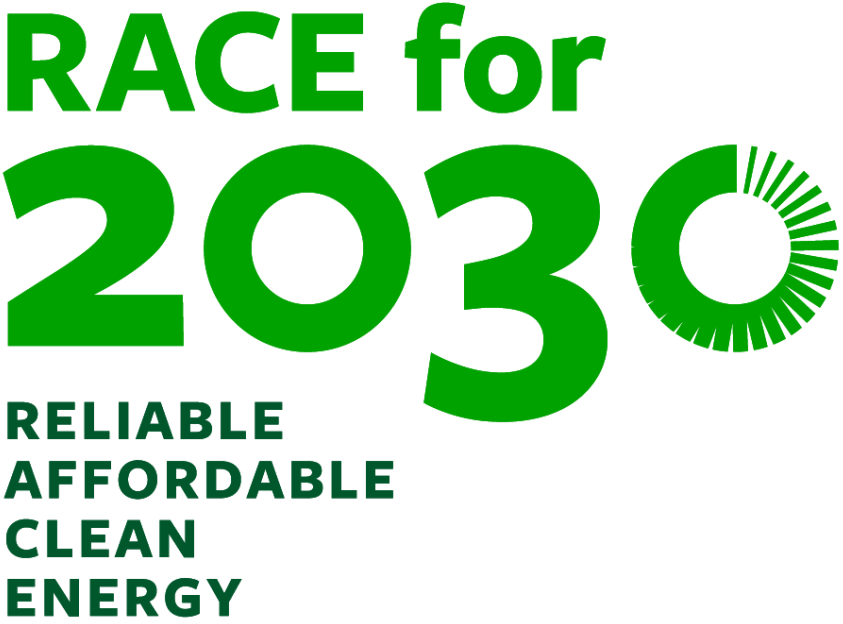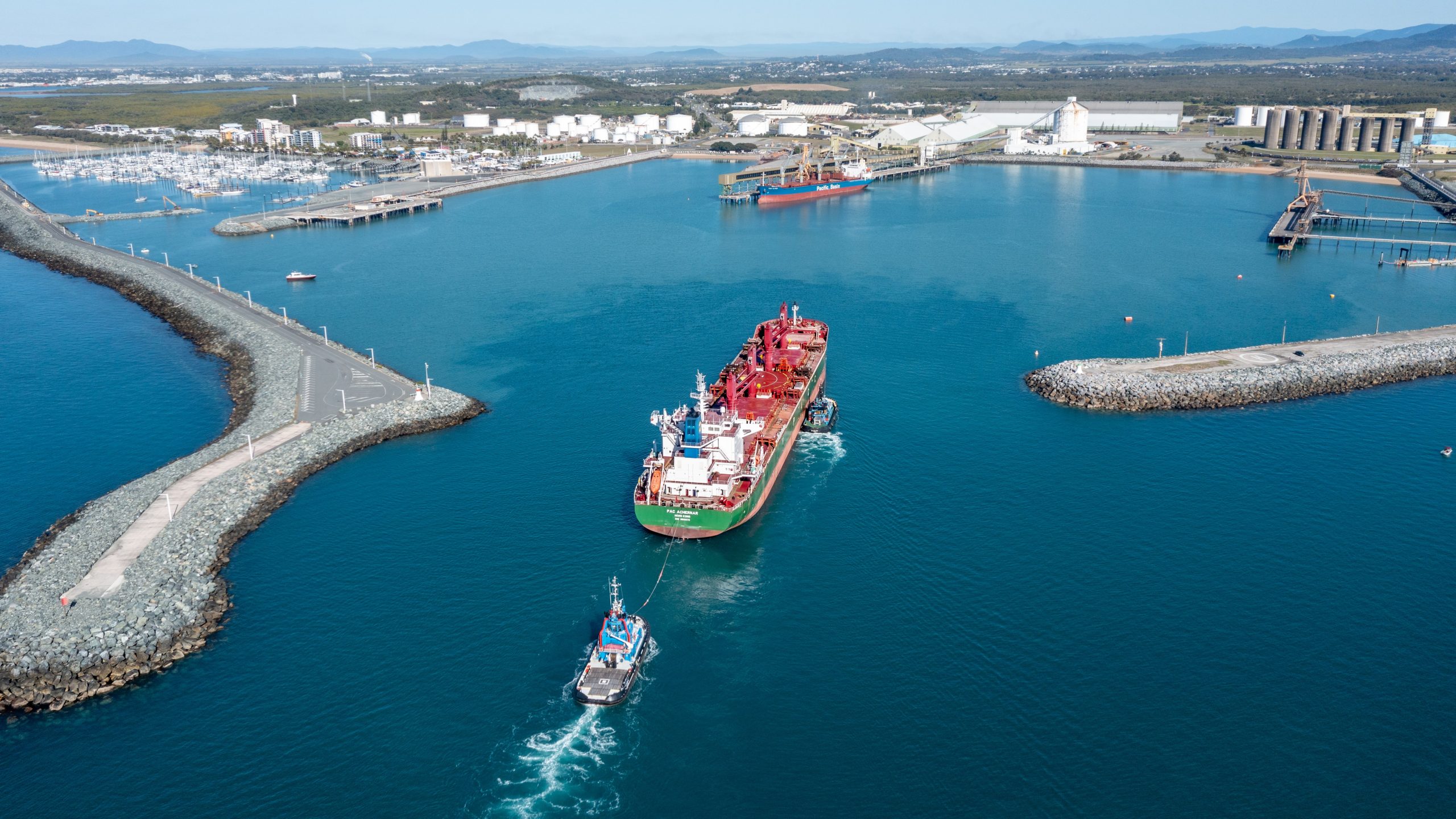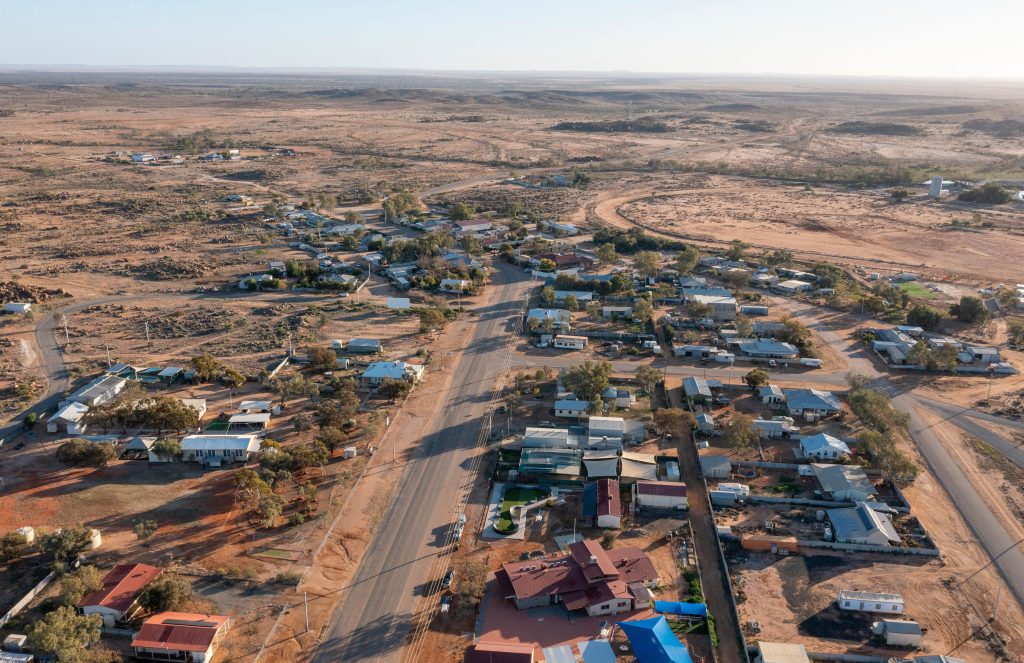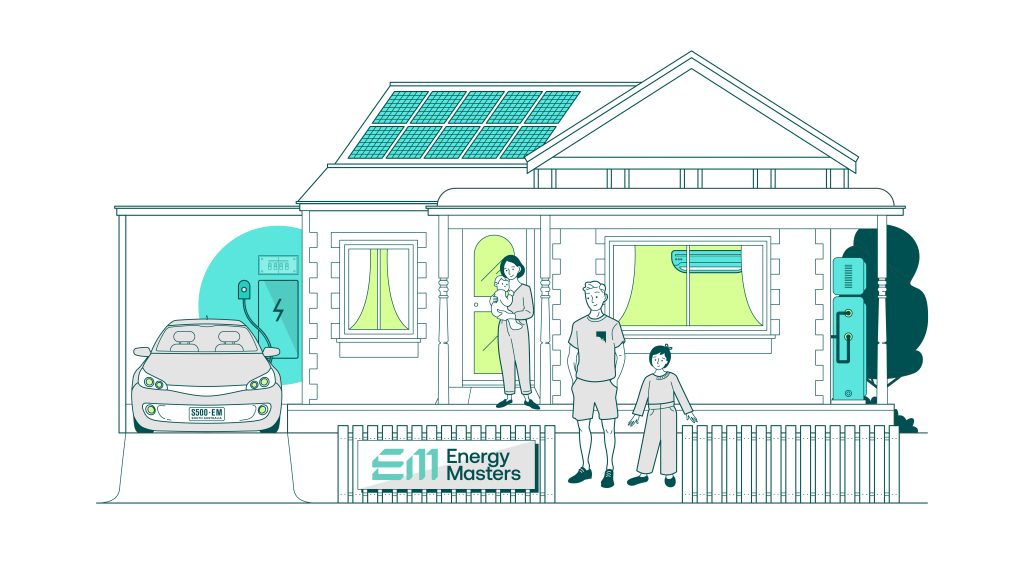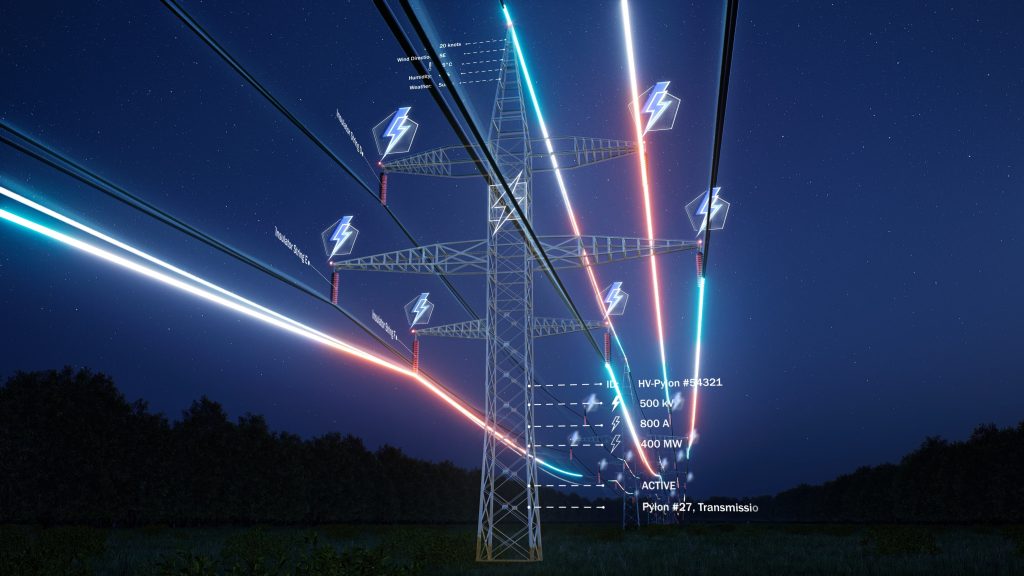Image provided by North Queensland Bulk Ports
Chief Investigator:
Genevieve Mortimer (UTS (Climate KIC/ISF))
Purpose of project
The Collaborative Energy Transition Project for North Queensland Bulk Ports (NQBP) at the Port of Mackay brings together industry, government, and research partners to design a precinct-scale model for shared renewable energy infrastructure.
A Model for Regional Collaboration
The project is built on a “win–win–win” approach: delivering cost-effective, reliable, and sustainable energy solutions for tenants; enhancing grid flexibility and stability; and supporting practical efforts for reducing carbon emissions across the region. Early engagement with 18 port tenants has revealed strong interest in rooftop solar, shared battery storage, fleet electrification, and smart energy management.
Recognising that a successful energy transformation requires more than just technology, the initiative builds partnerships and a collaborative ecosystem that reduces transition costs, creates new investment opportunities, and provides a replicable model for other energy precincts across Australia.
There are four workstreams in this project.
1. Building inclusive foundations
2. Identifying win-win-win energy opportunities
3. Creating an integrated perspective of the value stack
4. Project Stakeholder engagement and knowledge sharing
Impact of project
The outcome of this project is to provide a scalable proof-of-concept for a collaborative, future-ready energy system. By exploring options on how best to engage with local industry, networks, and community partners, it is anticipated that it will drive uptake of renewable energy, lower energy costs for port users, improve energy flexibility, and reduce emissions. Shared infrastructure models and coordinated demand management have shown to enable cost savings, new business opportunities, and a stronger, more resilient energy network.
The initiative also contributes to broader social and economic goals, such as job creation, industry growth, and emissions reduction. By showcasing the benefits of collective action, it sets the foundation for similar energy precinct models across Australia and informs national efforts to accelerate the clean energy transition.
Project partners – industry and research
UTS (Climate KIC/ISF) (Lead), Advancing Communities Australia, North Queensland Bulk Ports, Resource Industry Network
Status
- In Progress
Project Code
0894
